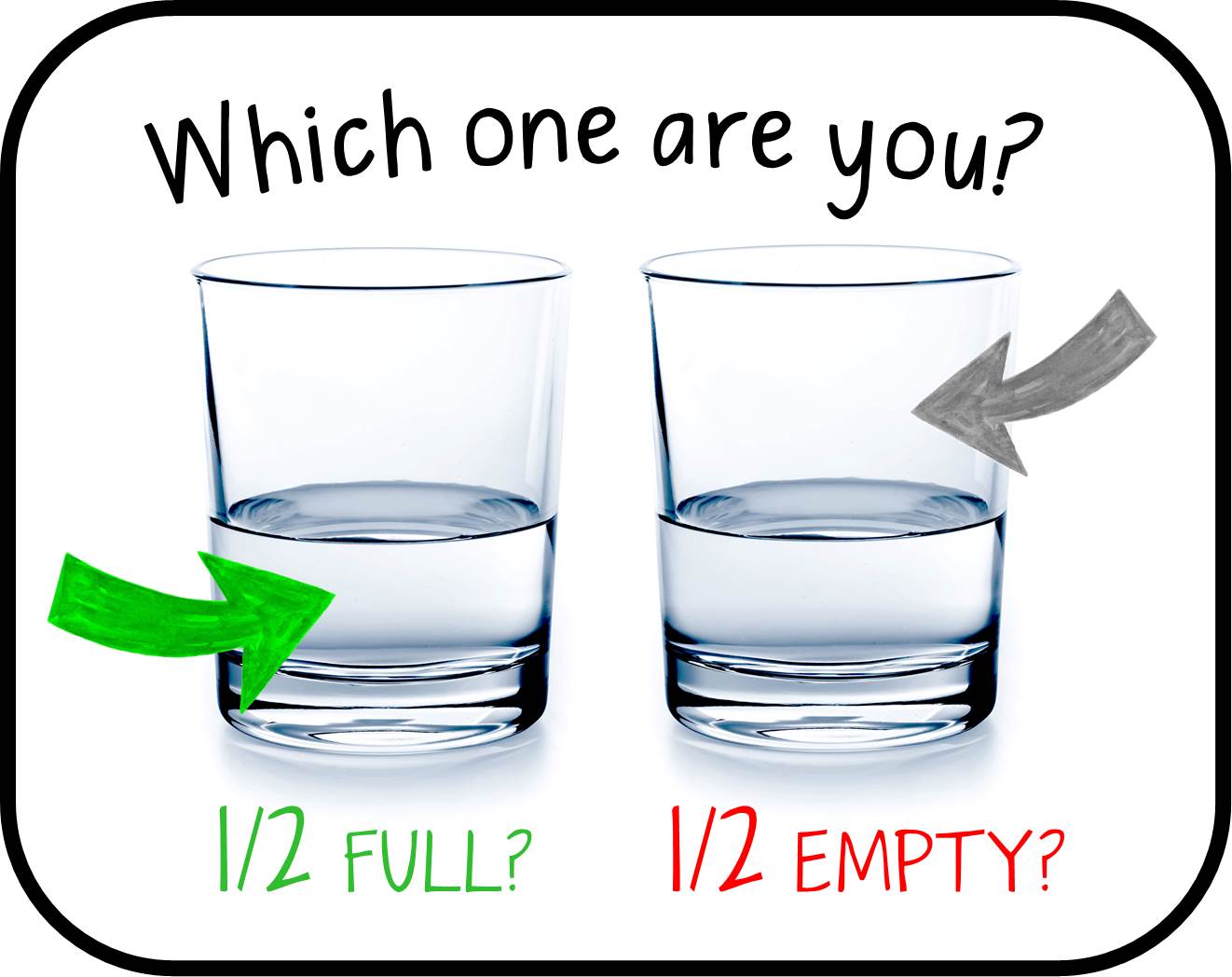Over the last few days I have seen a number of companies announcing marketing deals which have got shareholders excited. Many are looking forward to vast riches, increased sales and even the odd takeover or merger. However, be wary of marketing deals which are very cheap to organise but do they always deliver?
Marketing deals with no minimum sales
The most alarming type of marketing deal is one where a company agrees to market a third party product in exchange for some form of commission payment. This company may have an enormous customer base from which to extract sales from the third party product but how will the third party guarantee income and benefits for its own shareholders?

In years gone by we have seen many marketing deals which grab the headlines but ultimately come to nothing. Unless there is a minimum payment per annum for the company providing the third party product where is the incentive to really push sales? Predominantly these marketing agreements are between large conglomerates and often extremely smaller companies with groundbreaking services and products. In order for this to work for both sides there needs to be a minimum payment per year to incentivise the larger company to sell the smaller company’s products.
Avoid exclusivity at all costs
Even when relatively small companies produce groundbreaking products or services, it can still be very difficult to break into the mass market. This requires not only influence and cash but also much luck and the ability to be in the right place at the right time. As a consequence, many smaller companies are forced to sign exclusive marketing deals with larger companies and even if they do guarantee a minimum income per annum how do you value exclusivity going forward?
If this product is so groundbreaking and so advanced then why would the larger company not consider a full takeover? An exclusive marketing deal effectively means that the smaller company will always be at the beck and call of the larger company. In some circumstances this may also reduce or limit the chances of a takeover by anyone else simply because of the exclusivity deal.
We have on occasion also seen unscrupulous large companies signing marketing deals with smaller companies where there is no minimum guaranteed income. In order to bury competing technology they simply do not market the new product, no sales are registered and no sales means no commission for the third party – leading to the eventual financial demise of the group.
Money talks
If a third party product is so groundbreaking and potentially lucrative then even a larger company would stand up and listen. While business is business, surely it is in the best interests of all parties to work together to maximise income. A guaranteed minimum income per annum is a must for any small company looking at a marketing agreement with a larger group. Do not fall into the trap of buying into hope value when there may be nothing at the end of it.
Even though some of the larger groups may drive a hard bargain and demand exclusivity this is not always in the best interests of the smaller company. If the product is as groundbreaking as suggested then other groups will be interested and with a little bit of competition for a deal this could give the smaller company the upper hand. However, whichever way a deal is structured there needs to be a degree of guaranteed income and the opportunity to work together in the future to the benefit of all parties.

